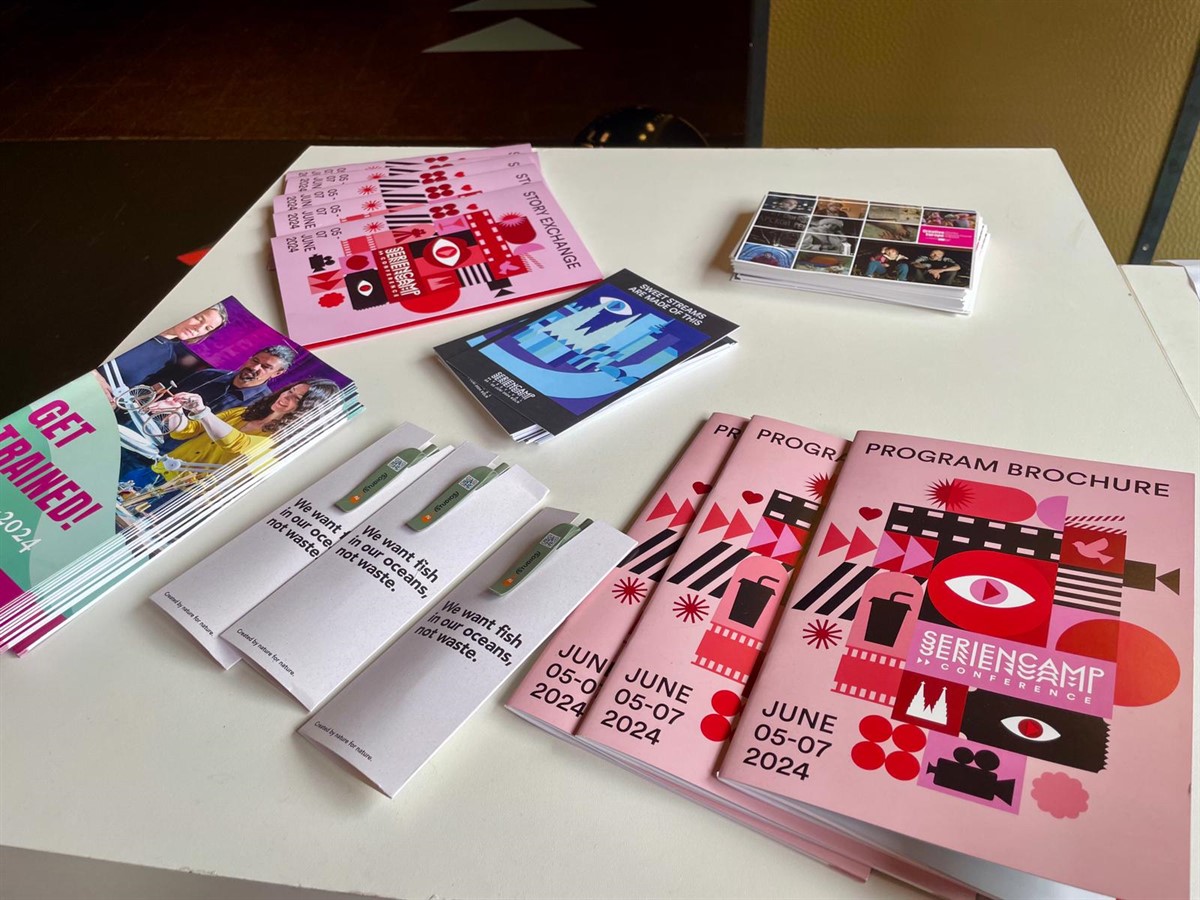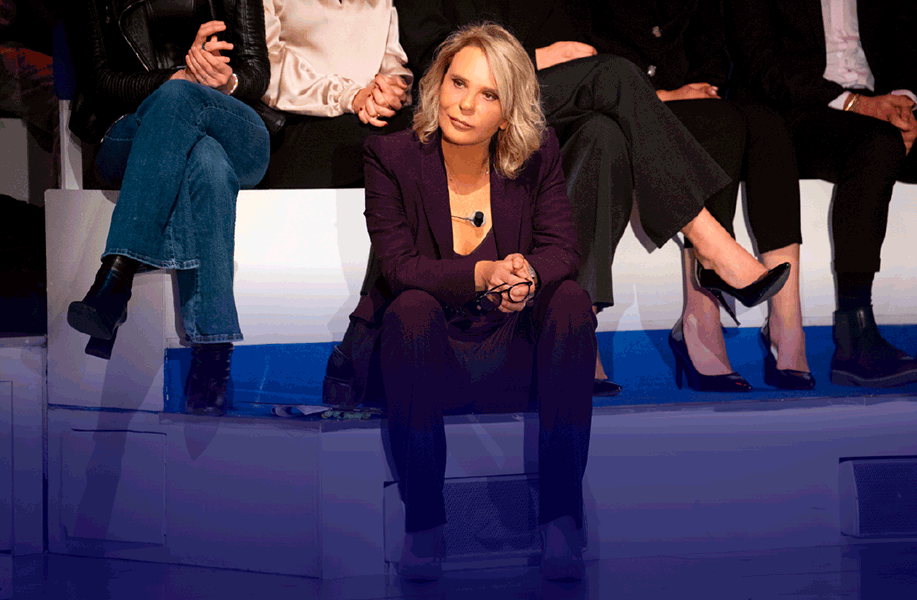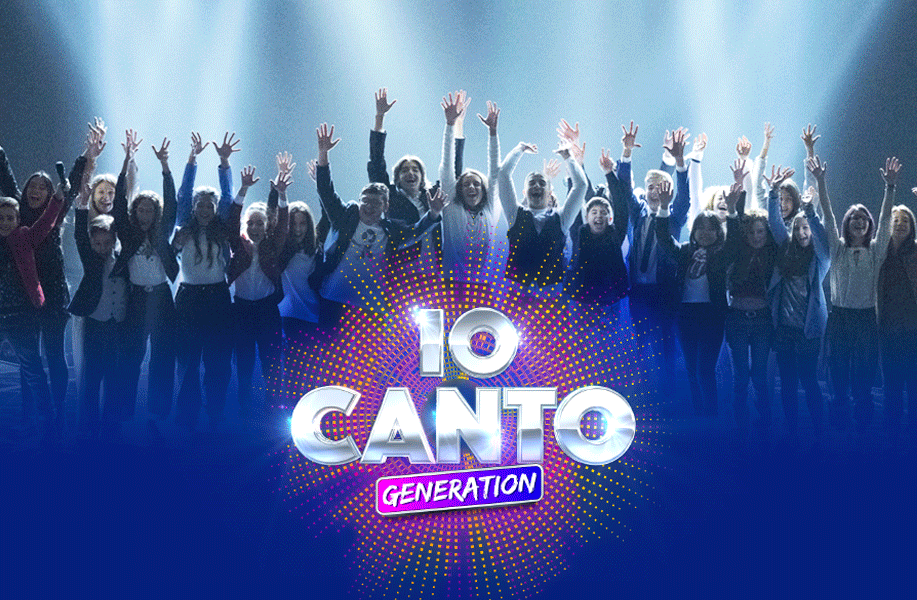It's that time of the year again: Seriencamp kicked off on Wednesday, June 5 in Cologne. After a successful premiere last year, Cologne once again serves as the meeting point for series enthusiasts and creators over the next few days. The festival, running until Saturday, offers a glimpse into a diverse world of series, showcasing both national and international productions such as "Concordia," "Kleo," and "This Is Not Sweden." Simultaneously, the three-day Conference delves into broader industry issues.
The industry's landscape has notably shifted recently. The once plentiful funds for new productions from broadcasters and streamers have become more restrained. It's no surprise then that the Conference began by addressing the future of series and the potential of co-productions. However, international financing models are not always feasible, as Jan Wünschmann, Executive Vice President of Co-Production & Business Affairs at Beta Film, highlighted. "There is a growing demand for local content, which makes finding partners challenging," he explained. For instance, "Der Schwarm," a project Beta Film was involved in, benefited from its inherently international story elements.
Challenges and Opportunities in the Evolving TV Landscape
Robert Franke, Vice President of Drama at ZDF Studios, pointed out the increasing audience fragmentation, adding to the industry's challenges. Another key topic was the role of Artificial Intelligence (AI). Nina Peters, Managing Director of the production company ndF: Hamburg, expressed optimism about AI's future contributions. The Seriencamp Conference demonstrated Peters' optimism through almost two hours of insights into current AI capabilities. Nikola Kohl, Managing Director of the Munich-based production company south&browse, discussed how various AI tools assist her team, especially in post-production tasks like removing background noise, thereby enhancing the quality of non-fiction productions.
South&browse is also experimenting with synthetic voices for voice-overs, a task traditionally handled by editorial staff. The audience often cannot tell the difference, indicating how advanced these AI-generated voices have become. However, Kohl acknowledged the ongoing concern about AI's impact on jobs. "The genie is out of the bottle," she remarked, reflecting widespread industry apprehension.
Tobias M. Huber, Director of Operations and Business Development at Storybook Studios, echoed this sentiment in his talk. "The change is real and dramatic," he stated, urging the industry to view AI as an opportunity rather than a threat. "Your skills and experiences are needed," he reassured.
Optimism and New Horizons
Despite the challenges, there was a surprising amount of optimism on stage at the first day of the Seriencamp Conference in Cologne. This optimism extended to the adoption of AI and the development of new, high-caliber series projects. "In the end, if a piece of content is strong enough, it will find its way," said Jan Wünschmann of Beta Film. This is promising news for Seriencamp itself, suggesting that there will be no shortage of new series in the coming years, despite the industry's crises.
The opening day set a positive tone for the event, highlighting the resilience and adaptability of the TV series industry. As Seriencamp continues, it is clear that both creators and audiences have much to look forward to, with innovative technologies and compelling stories driving the future of television.













